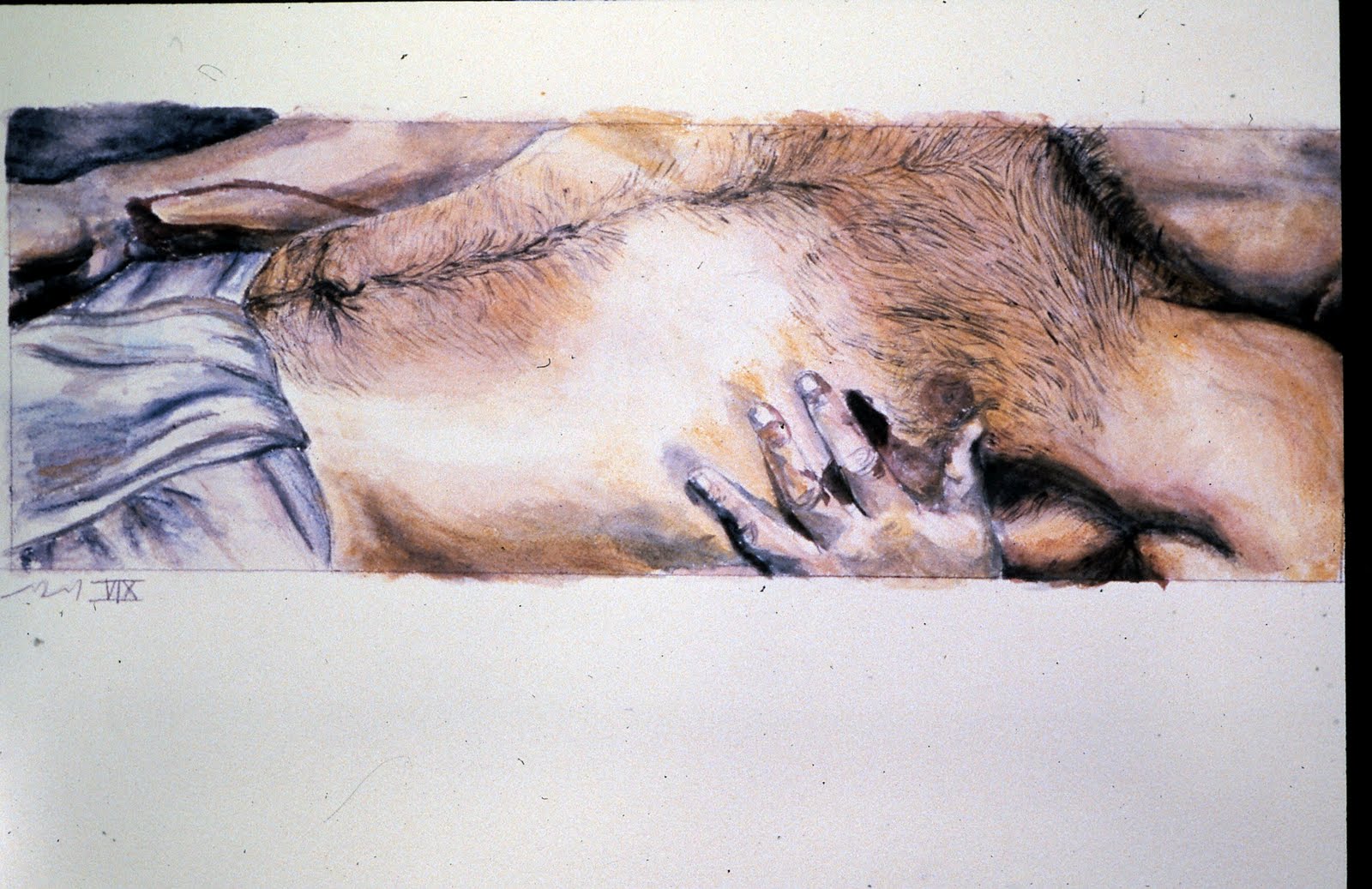
A Deafening Silence
The scriptures say nothing of Saturday, from Jesus’ rushed burial as the sabbath begins at Sunset Friday night through the fleeting darkness of Sunday morning as the women return to the tomb to finish the embalming of the body of Jesus which they hurriedly began as the sabbath began. Where were the disciples in that time? The women at home observing the sabbath: the liturgical custom of rest to remind the Israelites of both God’s resting after the work of creation and their freedom from slavery in Egypt. [link]. The scripture says nothing. Yet we can safely suspect that the silence was interjected with tears, gasps, sobbing, breaths, hushed whispers, palpable fear, heavy doubt. Yet while God seems to remain mute in this dark time, perhaps God is actually speaking with and through this deafening silence. Perhaps the divine silence we often suspect, is not actually what we imagine.
Many of our contemporaries cannot accept God’s silence. They do not admit that is is possible to enter into communication other than by words, gestures, or concrete, visible actions. Yet God speaks through his silence. The silence of God is a form of speech. His Word is solitude.
The solitude of God is not an absence, it is his very being, his silent transcendence.
The silence of Jesus’ death transform, purifies, and appeases man. It causes him to be in communion with the sufferings and death of Christ, to come back fully into the divine life. This is the great silence of the Transfiguration because, “unless a grain of wheat falls into the earth and dies it remains along; but if it dies, it bears much fruit. He who loves his life loses it, and he who hates his life in this world will keep it for eternal life. If any one serves me [Jesus] he must follow me.” (John 12:24-26)
- Robert Carinal Sarah, The Power of Silence
This silence of God is the most challenging, but there are others silences in the gospel story and the Hebrew Scriptures: Moses awaiting the 10 Commandments; Elijah in the cave awaiting God’s presence; Esther contemplating what she should do in the face of genocide; the night in which the shepherds hear surprising news; the arrival and retreat of the bleeding woman coming to Jesus for a healing touch, the Transfiguration, the prayers in the garden of Gethsemane and the trauma of that experience….
Questions for Active Reflection
- How do you respond to the silence of God in this scripture (and maybe others?)?
- How and when have you experienced the silence of God in your own life?
- Sit in silence today, try doing it for 5 minutes. Just listen. Be still. Be. [some how to tips]